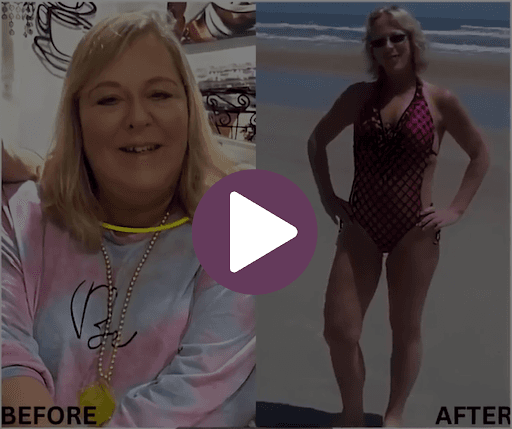Is LONG-TERM KETOSIS DANGEROUS? & Much More - with Isabella Cooper
In an insightful interview, Dr. Ken Berry delves into a multitude of health topics with Dr. Isabella Cooper, a notable PhD research scientist specializing in human physiology. Their discussion touches on key areas such as the nuances in ketosis research distinguished by gender, foundational truths about bone health, and the integral role of melatonin not just in sleep but as a powerful antioxidant impacting overall health.
Dr. Cooper's work emphasizes the critical need to focus on understanding natural physiology in women, arguing that much of current dietary research lacks female participation, particularly in states like ketosis. Traditionally, many studies either focus on disease cohorts or groups like athletes, often male, thus creating data gaps in understanding female-specific physiological responses.
Bone health discussions usually highlight bone mineral density as the sole diagnostic measure, but Dr. Cooper reveals its nuances. She discusses how hyperinsulinemia can give a false sense of security about bone strength, as dense bones may still be fragile. Thus, a more comprehensive health approach should consider fasting insulin levels where chronic high insulin might imply underlying bone fragility despite high density, commonly unnoticed.
This conversation shifts typical diagnostics, urging a more holistic view on health indicators, considering factors that may skew population data leading to misinterpretations around risk levels for ailments like osteoporosis.
Busy debunking conventional myths, Dr. Cooper ventures into ketosis research underlining its potential to fundamentally alter metabolic pathways in women, averting chronic diseases and supporting long-term health. Such findings challenge widely-held beliefs especially surrounding gestational phases that require metabolic balance.
Interestingly, Dr. Cooper notes that ketosis research mainly involves male or exceptionally fit individuals, seldom including typical women—especially those premenopausal or experiencing hormonal shifts, key to applying outcomes broadly in women's health protocols.
As part of mitochondrial upkeep, melatonin influences metabolic activities ranging from vitamin D synthesis to cellular life cycles, emphasizing age-related illness mitigation when sullied by inefficient mitochondria.
The dialogue also revises conventional perspectives on oil and carb consumption. The scrutinization extends to food products often marketed under false health premises including olive oils and plant-based trends, hence proposing enhanced dietary transparency alongside using tools such as continuous glucose monitors for personalized diet tuning.
While no unified approach suits everyone, understanding individual responses whether opting for ketogenic diets, cautious olive oil use, or scrutinizing preservative influences unspools the power in tailoring food to fortify health across varied demographics.
Dr. Berry's conversation with Dr. Cooper fundamentally challenges conventional axioms within health studies typically disseminated in media. Distilling these insights encourages proactive rather than passive engagement with individual health wherein scientific understandings steadily evolve alongside contemporary health dialogues urging a consideration of women’s unique physiological narratives.
Adding depth with practical applications, this interview nudges towards informed decisions cultivated anew alongside individual assessments on curating better health bearable by everyday settings, supported by robust scientific inquiry.
From Around The Web
Wellness Inbox is a blog & weekly newsletter that curates trending news and products related to health and wellness from around the web. We also gather content from various sources, including leading health professionals, and deliver it directly to you.
Please note that we may receive compensation if you purchase any products featured in our newsletter. Wellness Inbox is not affiliated with, nor does it endorse, any health professionals whose content may appear in our newsletter. The information provided is for general informational purposes only and should not be considered medical advice.
The information provided is not intended to replace professional medical advice, diagnosis, or treatment. All content, including text, graphics, images, and information available is for general informational purposes only. We do not guarantee the accuracy or completeness of any information presented and assume no liability for any errors or omissions. The content is subject to change without notice. We encourage you to verify any information with other reliable sources and consult your physician regarding any medical conditions or treatments.







